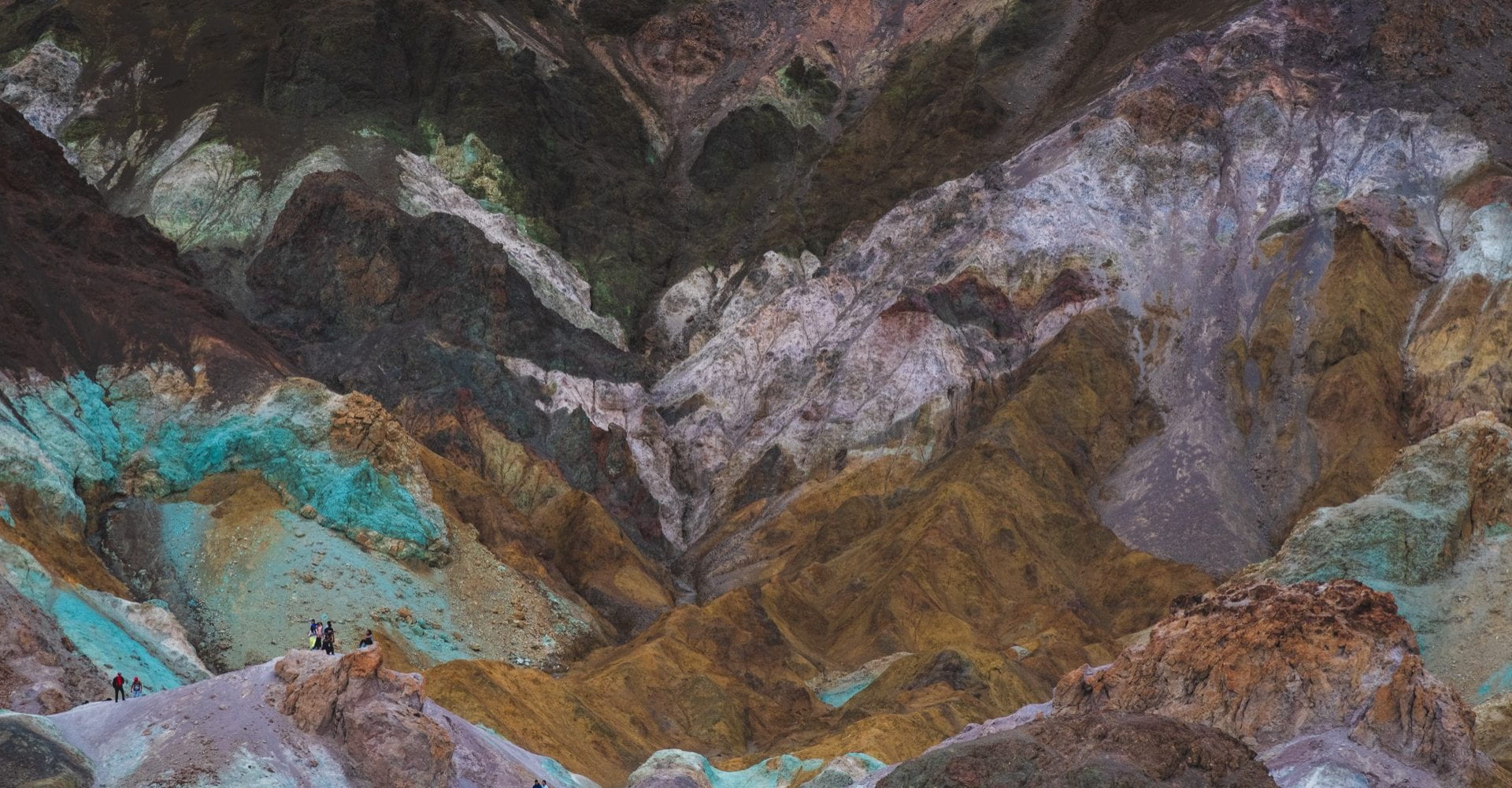
The disruption and regeneration of death during the Covid-19 pandemic
Call for Papers: Special Issue for Anthropology Quarterly
Anthropology has long framed death as a crisis, both within an individual’s life trajectory and for the existential continuity of the community. In the tradition of scholarship following Hertz (1960), mortuary and funerary rituals are framed as a site of collective action mounted in response to crisis. They are transformative and curative in their ability to shepherd the dead into new worlds or remake them into new kinds of beings; to provide psychological comfort to the bereaved; and to stitch back together social worlds in the absence of the dead. The performance of religious rituals, production of memorial goods, and speaking of “words against death” (Davies 1998), across multiple generations, effectively locates the deceased within a community and a cosmos.
But what happens when death rituals themselves face crisis?
Over the past year, the Covid-19 pandemic has not only threatened human life and livelihoods, it has disrupted and radically reshaped experiences of dying, body disposal, grief, and memorialization around the world. With its virulent growth, Covid-19 has strained, and in some cases overwhelmed, the infrastructure and human resources in place for handling the dead, as illustrated by news coverage of overflowing morgues, crematoria running throughout the night, and mass graves. Social distancing regulations have impeded rites of washing and dressing the dead, restricted attendance at funerals, and limited cemetery visitation.
The implications of these changes are still emerging, but popular media and industry voices point to their potentially devastating consequences. At the same time, communities around the world have responded to Covid-19-related restrictions with great creative energies, generating new ritual practices and new applications of technology. These innovations are not universal, but respond to particular religious contexts and cultural desires around death.
Anthropologists recognize the capacity of death rites to transform bodies, souls, and social relations, but they have generally been less attentive to what happens when death ritual itself is disrupted or how it is transformed (see Simpson 2018). Nor has anthropology substantively engaged with the experiences of those carrying out the labors of contemporary death care (but see Arnold et al. 2018; Howarth 1996; Suzuki 2000).
Contributions to this Special Issue will examine how disruptions to practices around death brought about by the Covid-19 pandemic challenge, extend, or transform anthropological understandings of death ritual and its place in uncertain times. Contributors will draw on original ethnographic research conducted with death care workers, religious communities, and mourners in diverse locations around the world. They will address questions including, but not limited to, the following:
- What are the impacts (emotional, financial, etc.) of the disruption to death ritual during the pandemic? Who feels these impacts? Who is shielded from them?
- What elements of funerary rituals are considered more critical or essential to retain or reproduce during Covid-19?
- How do virtual/online/digital technologies transform the funeral service? What do these technologies allow, restrict, and/or change?
- What makes a new or modified funeral rite meaningful or efficacious? Who decides this and what happens when people disagree?
- How is the temporality of the funeral and the expected mourning processes impacted by the pandemic?
- What is the role of the dead body in death rites during Covid-19? Who cares for bodies?
- How is the work of the anthropologist challenged by the conditions of pandemics? What are the ethical, methodological, or theoretical concerns that arise?
Contributions
This Special Issue will include a maximum of five full-length articles (<10,500 words).
Given the limited number of the contributions, scholars are encouraged to write collaboratively in teams, as multiple submissions on a single field location are unlikely to be accepted. Scholars with non-English language backgrounds are strongly encouraged to apply and will be given special support, including opportunities to co-author.
Additional submissions of diverse formats, including ‘Social Thought and Commentary’ (<8000 words), Photo Essays (10 images and 3,000-6,000 words), and book reviews (1000-2000 words) will also be considered. Book reviews on topics related to death are especially encouraged from ECA and graduate students.
See the Journal’s Submission Guidelines for more information on formats.
To apply, please submit the following to hannah.gould@unimelb.edu.au by March 1st 2021:
1. Authors names, email addresses, and affiliations
2. An abstract of 300-500 words
A CV may also be requested.
First drafts will be due October 31st 2021.
Special Issue Editors
Hannah Gould is ARC Research Fellow with the DeathTech Research Team at the University of Melbourne and President of the Australian Death Studies Society. Her scholarship is concerned with the material and sensory dimensions of death and disposal, from alternative body disposal practice to minimalism. During 2020, she led the Remote, Restricted, and Redesigned research project, investigating the impact of Covid-19 on Australia’s death care industry.
Tamara Kohn is Professor of Anthropology at the University of Melbourne. She has conducted fieldwork in Scotland, Nepal, US, and Japan. Research interests include humanistic anthropology, communities of practice, the body and senses, prison lives, death studies, and research methods and ethics. She is part of the DeathTech Research Team, studying death, commemoration, and new technologies of disposal and interment. Recent co-authored books from the team include Kohn et al (eds) 2019 Residues of Death (Routledge), and Arnold et al 2018 Death and Digital Media (Routledge).
Categories